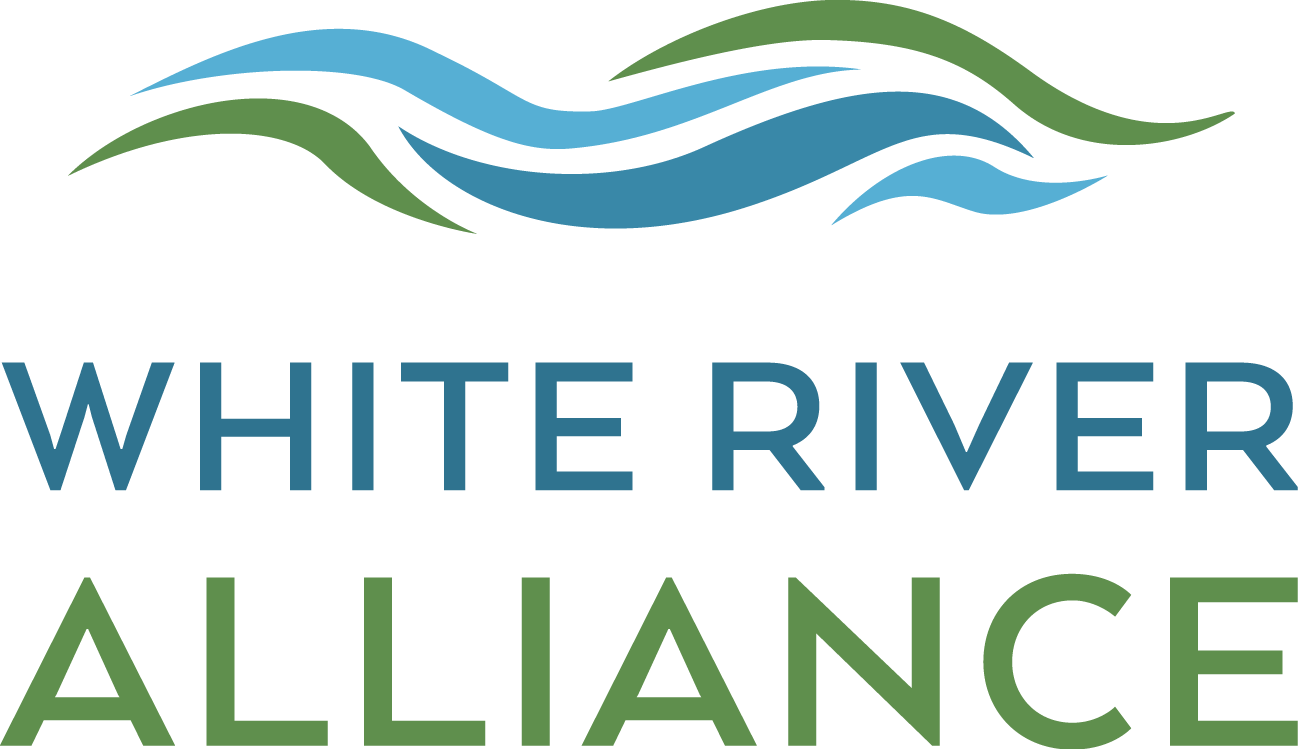

Programs
Science & Policy Forums
Water issues in Indiana are a hot topic. From PFAS to wetlands to flooding, and much more, these virtual discussions are offered to bring perspective to current water issues.
Water issues in Indiana are a hot topic. From PFAS to wetlands to flooding, and much more, these virtual discussions are offered to bring perspective to current water issues.
The Forums
The Indiana Water Summit leadership offers these topical presentations and discussion between annual Water Summits to advance key strategies identified on the Indiana Water Roadmap. Forums often engage university researchers, agency staff, and industry best practice practitioners to share the science behind various water challenges and discuss necessary policy, funding, or technology-based solutions. Sign-up for our newsletter or follow us on social media to stay informed about details of these online, casual, 1 to 2 hour events!

Past Topical Forums
Did you miss one of our Science & Policy Forums? Recordings from past topical forums can be found by clicking each button below. A brief overview of each forum can be found as well as a link to the presentation. Catch up on these hot topics!
